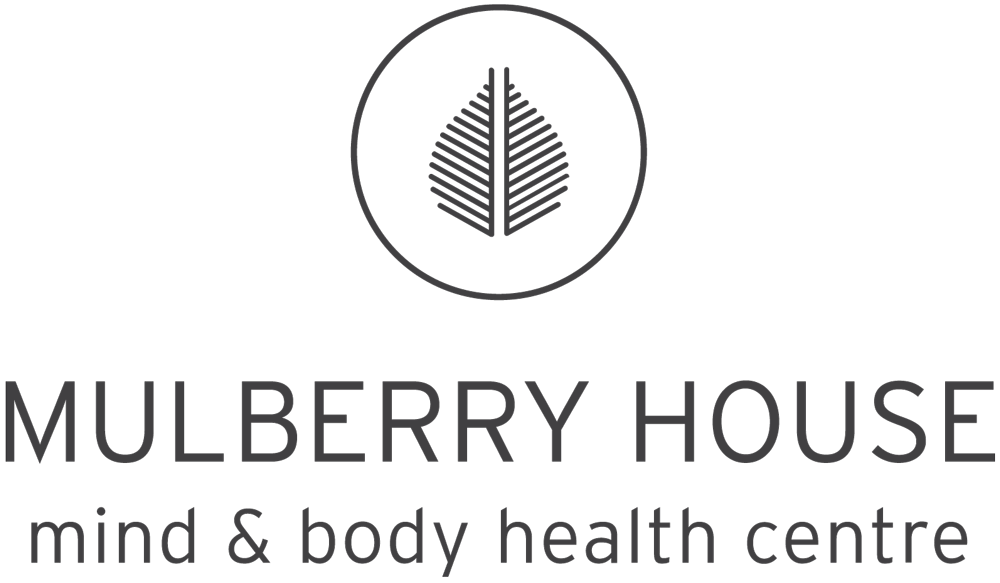Deep Tissue Massage
Styles of deep tissue massage can vary greatly according to practitioner, but all aim to relieve tension in the superficial and deeper muscles, connective tissues and fascia. Deep tissue techniques can be particularly beneficial for people experiencing chronic or consistent pain, those performing heavy physical activity (such as athletes and active professions), or individuals with sustained physical injuries.
-
An initial consultation with an expert Edinburgh deep tissue massage expert will include a discussion about your presenting problem, and your case history, and, if required, relevant physical assessments such as ‘range of movement’ will be carried out. Techniques used may include Swedish and deep tissue massage, trigger point release, myofascial release, and stretches. It should be noted that this can be an intense treatment because of the nature of the focused and deliberate work. You may be fully or partially clothed with parts of the body covered by towels. Treatments usually last for 1 hour, although 1.5 hour sessions are available.
-
If you exercise it is wise to schedule massage on a rest day or post-workout. Recently injured areas should not be massaged for 24-48 hrs, however other muscle groups certainly can be and it can bring relief to compensatory muscles.
Post-treatment, we recommend that you permit rest; a feeling of drowsiness and deep relaxation is common. Drink plenty of water to aid the body in flushing out toxins released during treatment. Hydration will also help reduce the likelihood of aches, pains or headaches post-massage. It is not advisable to follow deep tissue massage with weight training due to potential aggravation to tissue remodelling and healing stimulated by deep tissue treatment.
-
This depends on the nature of your issue and your response to treatment. Some may require weekly or fortnightly follow-ups, others might require maintenance on a monthly or ‘now-and-again’ basis.





